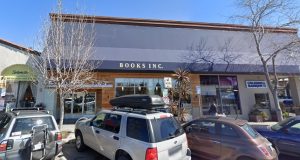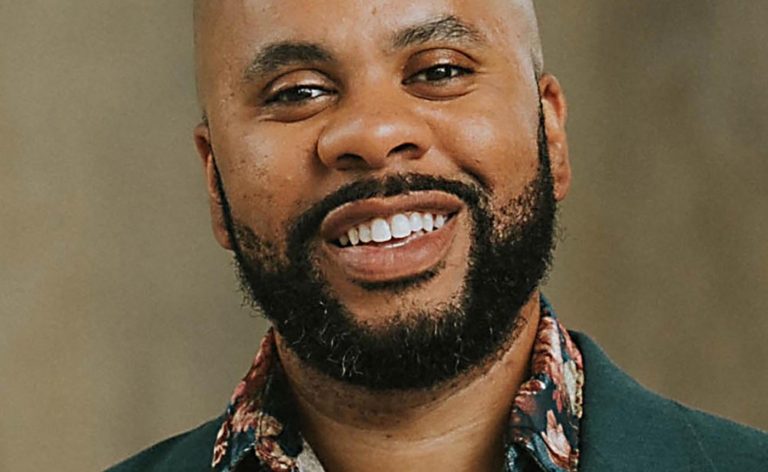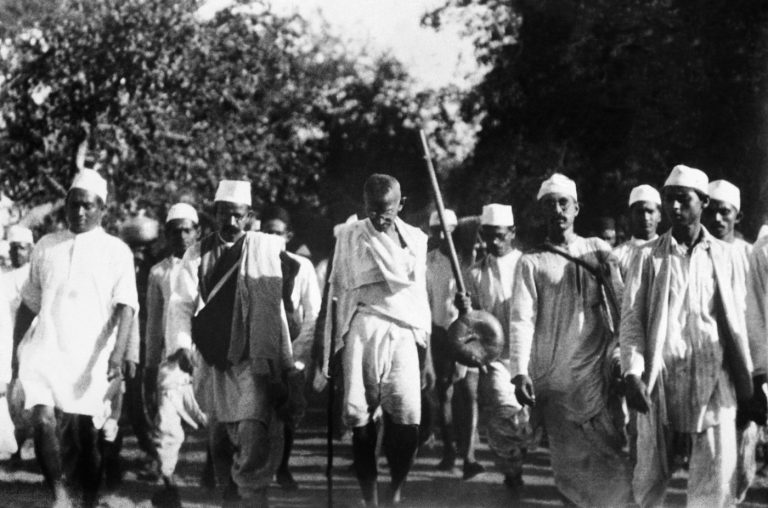An empty plot of land at Los Robles-Ronald McNair Academy is being transformed into California’s first accredited arboretum on a K-12 campus, a project aimed at addressing East Palo Alto’s low tree canopy coverage while fostering community engagement and environmental education.
On Monday morning, more than 150 people, including parents and children, gathered to plant trees during a community activity organized by Canopy, a Peninsula-based environmental organization. The arboretum is part of a larger grant from Cal Fire’s Green Schoolyards program. It allows the Ravenswood City School District to plant 312 trees throughout its sites in East Palo Alto.
“In general, East Palo Alto has about 15% tree canopy, significantly lower compared to other cities,” said JP Arnaud, executive director of Canopy. “With the lack of trees, it takes away that sense of community that people have.”
According to the Tree Equity Score, which surveys canopy cover across U.S. neighborhoods, many Palo Alto areas have 30-40% coverage, while Atherton boasts 40-50%. The Tree Equity Score targets 30% canopy coverage for every neighborhood.
Related Articles
Stanford’s Helen Blau awarded the National Medal of Science
Texas judge rules 3 states can challenge abortion pill access
Earth records hottest year ever in 2024 and the jump was so big it breached a key threshold
Opinion: The heart of scientific progress beats for all of us
A unique floating lab in San Francisco Bay has been invaded — and researchers are learning from it
Volunteers on Monday planted 22 species of trees on two plots in front of Los Robles-Ronald McNair Academy, including ginkgo, Saratoga bay laurels, Chilean pepper trees, western redbuds, toyons, and Pacific wax myrtles. While it will take at least four years for the trees to begin to foliate and about 30 years for most to reach full maturity, Arnaud said it was crucial to begin now.
“When there are no trees around, people don’t have protection from the heat, since trees generally cool the air by about 7 degrees,” Arnaud said. “Standing in the shade versus in the sun can feel up to 30 degrees cooler during extreme heat.”
Canopy’s mission, as stated on its website, is “to grow urban tree canopy in Midpeninsula communities for the benefit of all.”
As Peninsula cities experience rapid development, tree planting and protection are often overlooked due to “limited resources, competing priorities, historical development, and urbanization patterns,” according to Canopy. The organization aims to emphasize the vital role trees play in fostering community development.
Local public officials attending the event included Ravenswood City School District Board Member Jenny Bloom, longtime East Palo Alto City Council Member Ruben Abrica, and state Sen. Josh Becker.
The arboretum is also part of “The Ravenswood Promise,” a district initiative designed to ensure students receive an “exceptional and transformative education,” according to a district statement. The plan includes upgrading facilities, investing in academic and enrichment programs, and strengthening the bond between schools and their neighborhoods.
“We’re starting to remodel all of our schools, so this is an added benefit,” said Bloom, who was at the event with her husband and children, who attend Los Robles-Ronald McNair Academy. “Not only are we ensuring our classrooms are amazing for our kids, but we’re also creating outdoor spaces they can be proud of. The kids are really excited. Canopy has been integral to the science education for our students.”
Becker, who represents most of San Mateo County in the state Senate, said the event was indicative of a strong community spirit in East Palo Alto, which has helped create a peaceful environment and reduced the city’s once notoriously high murder rate.
“This, to me, is a perfect MLK Day event,” Becker said. “It’s about community, everyone coming together, and it’s tangible.”
Uriel Hernandez, one of the volunteers who led the planting, said he hopes the youth who planted trees will remember and return to see them grow.
“I think any opportunity for kids to come out and see their community — hundreds of people engaging in something in their own backyard — is more meaningful than anything,” Hernandez said. “Being able to use tools, get their hands in the dirt, and get muddy is definitely a valuable experience.”












